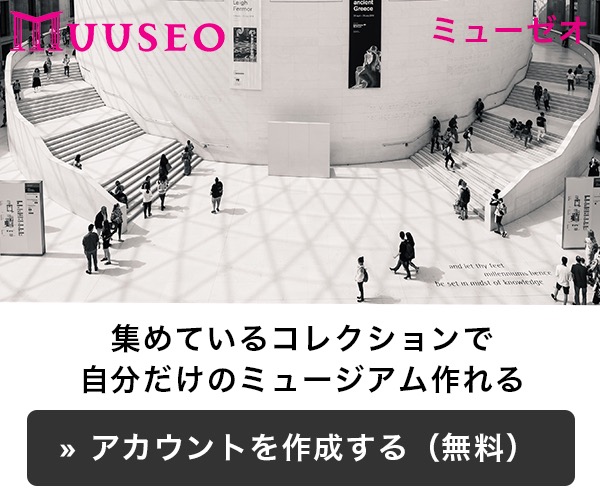- darrin.lettinga Museum
- 2F Other Kikus on Cover
- Uprated postcard from Arima, Japan (有馬) to Zurich, Switzerland, Meiji 45, May 22
Uprated postcard from Arima, Japan (有馬) to Zurich, Switzerland, Meiji 45, May 22
This is a postcard from Arima, Japan (有馬) comb cancel, Meiji 45, May 22, to Switzerland with an additional Kobe comb cancel, May.1912. The Zurich receiving postmark is dated June 22, 1912.
The postcard is a 1 1/2 sen frameless postcard, JSCA PC20, uprated with 1 sen and a 1 1/2 sen kikus to meet the 4 sen international rate.
I was able to receive some help regarding the message side of the card which in written in Swiss German as follows (note that the translator left some question marks in regard to specific words in the message):
"Zwei Stunden nur per Eisenbahn
kommt man an einen (See) heran
Lake (Biwe) heißt er, ? ?
sich mit dem Bodensee zum messen?
weil kein Dampfer hin & her
die fahren nur die kreuz und quer
Beim (Winzerheim) in Kawasaki
probiert zu trinken erst den Saki
ein Likör der wird aus Reis gebrannt
und sehr beliebt im ganzen Land
? stehn drei Stunden später
(sehr) ist über vier Kilometer
Per Schiff durch einen ?kanal
die Fahrt war interessant und schnell
? ? der sein ?
nur den Japanern ? ?"
A google translation of the above text came out as follows:
"It takes two hours by train to get to a lake. It's called Lake (Biwe) and it can compete with Lake Constance because there are no steamers going back and forth, they just go criss-cross. At the winemaker's home in Kawasaki you first try drinking the Saki, a liqueur that is made from rice and is very popular all over the country. Three hours later you're over four kilometers away by boat through a canal. The trip was interesting and fast and is only known to the Japanese."
















![第四次発行10銭青色:Plate IV 【ポーラス紙/濃青色:珍版?】/ 4th Issue 10 Sen Blue, Plate IV [Porous Paper / Dark Blue - rare plate?]](https://d17x1wu3749i2y.cloudfront.net/2024/12/10/21/47/04/65a04fb1-bd47-4cfe-9ee5-6acbcdab4eaf/file.jpg)























































tomonakaazu
2024/04/05 - 編集済みNice one!
Rice wine is Sake, although it is pronounced Saki in many Western languages. I couldn't identify the spelling in the written text though... so difficult to read those letters!
>>comb cancel
Was that universal around that time, or just Arima and Zurich??
1人がいいね!と言っています。
Darrin Lettinga
2024/04/06Yes, typically in English we would translate it that way. The person who helped me with the Swiss German message on this postcard is German so he wrote it out as Saki.
I totally agree about reading the text...it is very difficult. It is an old form of German handwriting called Kurrentschrift. Here is an explanation from Wikipedia:"Kurrent (German: [kʊˈʁɛnt]) is an old form of German-language handwriting based on late medieval cursive writing, also known as Kurrentschrift ("cursive script"), deutsche Schrift ("German script"), and German cursive."
1人がいいね!と言っています。
Darrin Lettinga
2024/04/06Yes, this type of comb cancel was common around that time period. In Japan, it is my understanding that the first comb cancel types were used around 1904/05 all the way to 1952. A very similar type of comb cancel was also used in Germany as well as other countries like Switzerland as you can see above.
2人がいいね!と言っています。